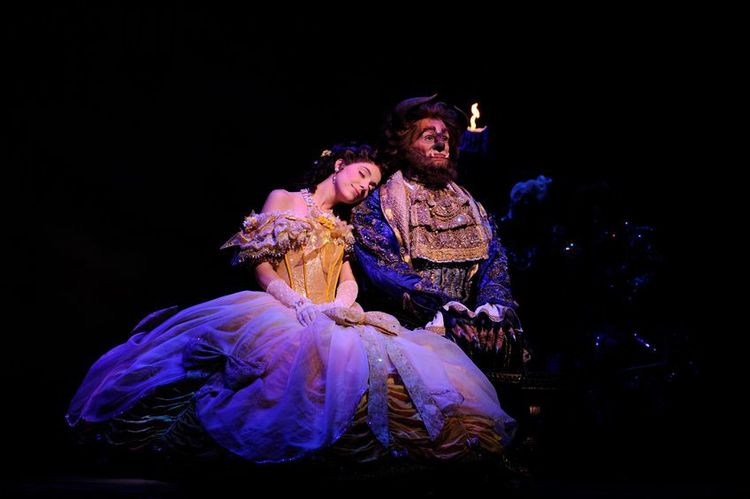The art of theater has probably been around in some form since man first began communicating, but at least since the ancient Egyptians. What began as rituals to satisfy the gods soon became a form of entertainment, first for royalty, but then for the common man.
Within this history, the origin of musical theater can be found. Musicals are sometimes thought of as a relatively recent development, evolving from the operas that swept Europe. However, musicals have been performed far longer than one may imagine.
The Early Musicals
The true history of musicals spans back into antiquity. The ancient Greeks would often set their comedies and tragedies to music as far back as 600 BC. Notable writers like Sophocles would write their own music and choreography. The practice was picked up a couple centuries later by the Romans, who added their own touch. In fact, it was the ancient Romans who invented tap shoes. Unfortunately, the music that was written has been lost.
Fast-forwarding a few hundred years, the Middle Ages saw the emergence of minstrels and other small performing companies who would travel and perform all over Europe. The church also became involved in theater, creating religious dramas and mysteries set to church chants.
The Renaissance
As the art of theater evolved across Europe, separate schools developed in England and Italy. England saw their Jacobean and Elizabethan plays become more laden with music, both before the play, at intermission and afterward. In fact, Shakespeare even set some of his plays, like The Tempest, to music. Italy developed their opera buffa, which involved boisterous clowns singing and improvising. From these two separate advancements came the opera.
All kinds of operas became popular across the continent, from comic operas to ballads and the like. At the same time, vaudeville burlesque halls developed, offering an alternative. The combination of both operas and its alternatives shaped modern musical theater. Yet, there was still no structure to theater beyond it being an excuse to brandish scantily-clad women on stage.
19th Century to Now
The mid-1800s saw the emergence of the comedy musical theater in Europe, most famously by Johann Strauss II and Jacques Offenbach. This era was also when America first came onto the musical scene with The Black Crook, which premiered in 1866. The show was nearly 6 hours long but ran for 474 performances. This opened the door to the world of musicals for America, and the nation quickly became the forerunner in the art.
As musicals became more popular, they became one of the main forms of entertainment on both sides of the Atlantic. Even during the Great Depression, people would go to the theater to escape reality for a while. The construct of musicals had been developing for quite a while until the beloved classic Oklahoma! finally set in stone how musicals should be crafted. This formula is still the standard in the industry today.
Get Involved!
Even after centuries of musical theater, Broadway and other musical venues generate over a billion dollars a year. And with the new push for classic musicals to be made into television movies, this influence is sure to stay for quite some time.
If you or your child is interested in musical theater, Lionheart has the camp for you. The beginner musical camp is for children 8-12 and will cover all the basics. For the older student, the advanced workshop will help you hone your skills. Be sure to sign up now; spots fill up fast!

